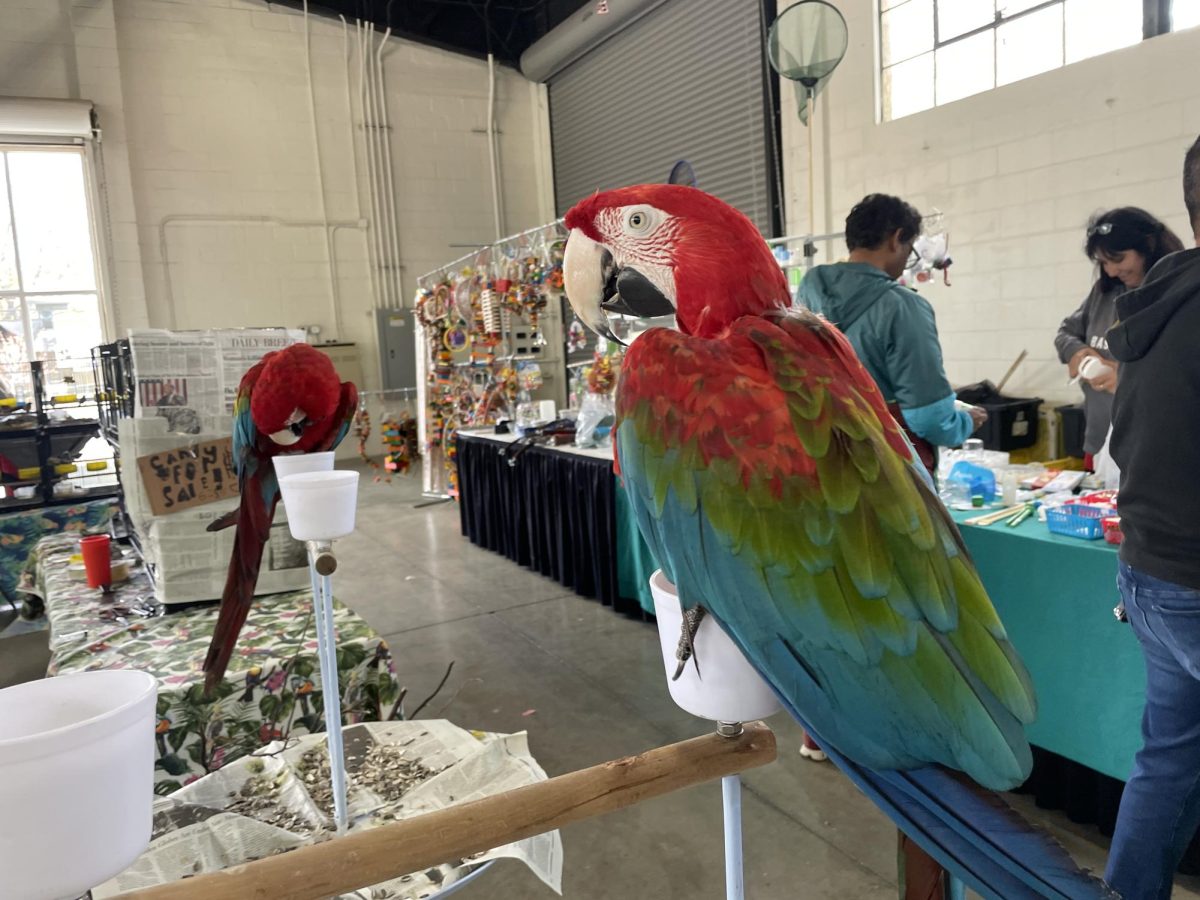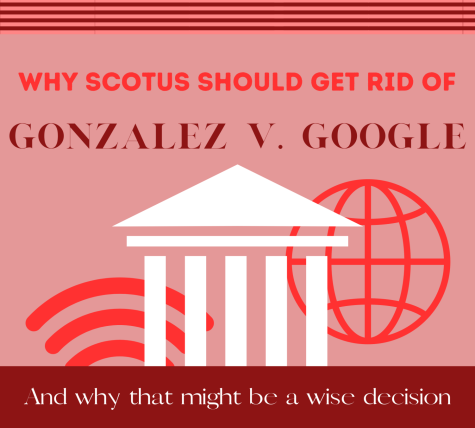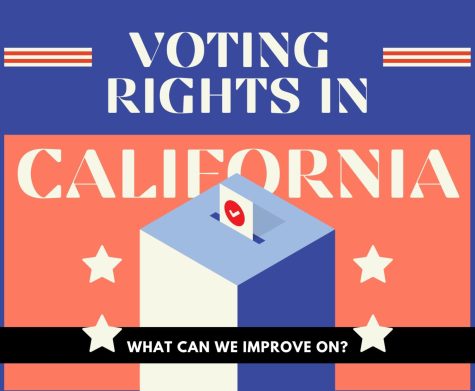Confused About Queer Identities? Here’s A Guide To Asking Questions
February 28, 2021
As politics surrounding gender and sexuality become more mainstream, people are confused about a lot of things. What does pansexual mean? How do you figure out someone’s pronouns? What is the gender binary, and what do you call someone who falls outside of it? There’s also a pervasive sense among non-LGBTQ individuals—especially the older generation—that trying to understand the spectrum of gender and sexuality is either too confusing, too much work, or they run too great a risk of offending someone if they get something wrong.
The truth of the matter is, LGBTQ people genuinely want people to understand our identities. Understanding leads to tolerance, and tolerance leads to acceptance. Most LGBTQ people are really open to answering questions about our identities—as long as those questions are respectful.
However, a lot of people don’t keep LGBTQ people’s feelings in mind when they ask questions, and end up doing more harm than good. With that in mind, here’s a list of do’s and don’ts to keep in mind when asking questions about LGBTQ identities!
DO: Be open to learning new things!
As you talk to LGBTQ people, it’s likely that you will learn about language, identities, and labels that you aren’t familiar with. Remember, just because you haven’t heard about something before doesn’t mean it isn’t real! Both gender and sexuality are very complex subjects, and they both exist on a spectrum—don’t limit your understanding of the world just because you’re unfamiliar with the topic.
DON’T: Ask unreasonably personal questions.
Like I’ve said, asking questions is the best way to learn about something you don’t understand—but just because someone is LGBTQ doesn’t mean you’re entitled to personal or sensitive information about them. For example, asking someone about their genitals, sexual preferences, or medical history isn’t appropriate, no matter how curious you are.
This might sound like common sense, but it’s surprising how often LGBTQ people face prying questions like these ones. In particular, transgender individuals will be asked questions like, “What’s between your legs?” “Okay, but what’s your real name?” “Have you had the surgery yet?”
Imagine if a stranger came up to you and asked you about your medical history or genitalia. You would be understandably uncomfortable. Just because someone is LGBTQ doesn’t mean you get to ask questions that you wouldn’t ask anyone else.
That doesn’t mean it’s not okay to be curious about transgender identity, hormone therapy, and gender confirmation surgery in the abstract. There are plenty of wonderful online resources exploring these things in more depth, and YouTubers like Samantha Lux and Jammidodger are committed to answering questions you might have about transition. However, asking a transgender person sensitive information about their own body will almost definitely make them uncomfortable. If you wouldn’t ask a cis woman about her vagina, don’t ask a trans woman about hers.
DO: Ask respectfully!
Whether or not your intentions are good, it’s important to remember that LGBTQ people face a lot of prejudice on a day-to-day basis. We’ve probably all been subjected to insensitive questions, and how you ask matters.
Instead of saying, “Pansexual? Is that actually a thing, because I’ve never heard of it before.” Try saying, “Oh, I’m not familiar with that term! Could you help me understand?” If you’re open to learning, we’ll probably be more open to questions.
DON’T: Stereotype.
The second someone comes out as LGBTQ, they’re subjected to a lot of negative stereotypes, and it’s genuinely frustrating. After coming out as a lesbian, I’ve been asked a lot of questions about how I dress, how I style my hair, and even whether or not I hate my parents. (The answer, by the way, is no.) My sexuality doesn’t dictate the way I want to be perceived, and when someone assumes something about my personal life because of my sexual orientation, it makes me feel like they don’t see me. In the end, someone’s gender or sexuality only dictates one part of their life.
DO: Understand that sexuality and gender isn’t a choice.
Don’t ask questions like, “If being gay/trans isn’t a choice, why haven’t I heard about it before?” The answer to this is, quite simply, because you weren’t paying attention.
Dozens of cultures have recognized trans and non-binary identities, and gay people have been around since the beginning of time. Furthermore, homophobia and transphobia is so prevalent in our society that, for a long time, people were inclined to stay in the closet instead of coming out. As we grow more accepting as a society, people are able to be more authentically themselves.
If sexuality and gender was a choice, no one would choose to be queer. Being queer means facing daily ridicule, being discriminated against, and having people question whether or not you deserve rights. I spent my whole childhood terrified of my queerness—if I could’ve turned it off, I would’ve.
I never asked for who I am to become a political statement.
DON’T: Assume you know more than the person you’re talking to.
When talking to an LGBTQ individual, a lot of people will assume they know more about the subject than actual LGBTQ people. That probably isn’t true.
We all took eighth grade biology—AKA, we were all taught that gender is dictated by chromosomes. But just like the process of photosynthesis is a lot more complicated than you learned in grade school, gender can’t be boiled down to XX and XY.
This isn’t speculation. Science and medicine support the existence of transgender and nonbinary identities, so when you’re approaching trans people with a series of “gotcha” questions about chromosomes, you’re making yourself look silly. Trans people probably know way more about biological sex and gender than you do, so be sure you’re listening as well as speaking.














